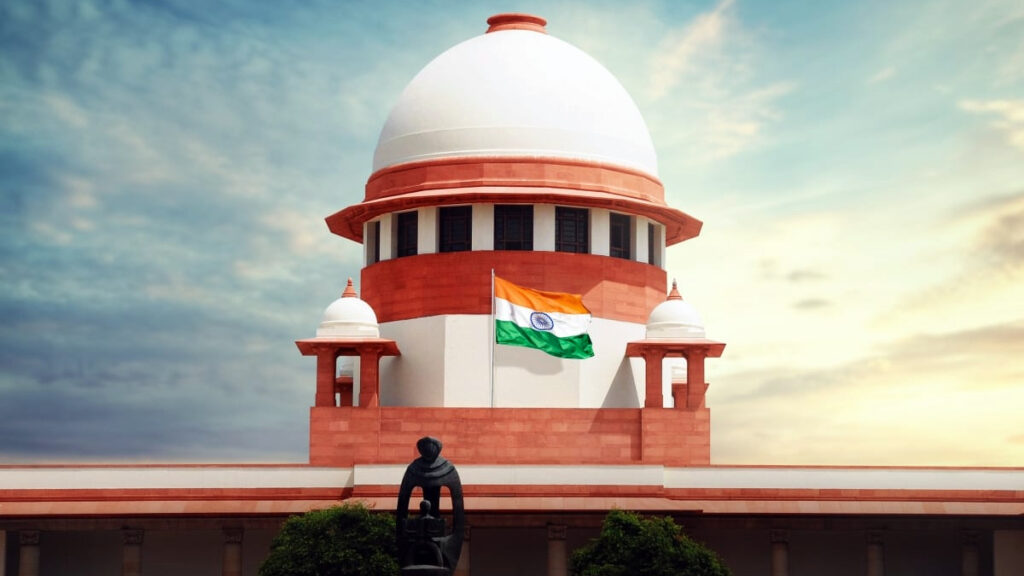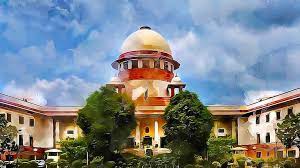
Supreme Court Emphasizes Complexity of Suicide Cases: Abetment Not Always Necessary
Last Updated on March 4, 2024 by News Desk
Introduction:
In a recent ruling, the Supreme Court of India shed light on the intricate nature of suicide cases, highlighting that not every instance of suicide involves external abetment or coercion. Justices Bela M Trivedi and Ujjal Bhuyan presided over a case challenging a 2010 Karnataka High Court decision, where a man was convicted for allegedly abetting a woman’s suicide. The court’s deliberations underscored the multifaceted reasons behind suicide, acknowledging the complexities of the human mind and the diverse circumstances that may lead to such tragic outcomes.
Issue:
The central issue before the Supreme Court was to determine whether the accused could be held liable for abetting the suicide of the deceased woman. The appellant contested the conviction, arguing insufficient evidence to prove abetment.
Rule:
The court elucidated that while suicide cases often prompt suspicions of abetment, the law requires substantial evidence to establish culpability under Section 306 of the Indian Penal Code. The bench emphasized the need for a thorough examination of circumstances surrounding the deceased, considering factors such as mental health, social pressures, and personal struggles.
Analysis:
Examining the case, the court noted several discrepancies in the prosecution’s evidence. Witnesses, including neighbors, were not adequately examined, and key evidence such as the poison allegedly used in the suicide was not recovered. Moreover, the court highlighted the volatile nature of the human mind, recognizing various potential triggers for suicide, including academic stress, financial difficulties, and relationship issues. Considering the lack of concrete evidence linking the accused’s actions to the suicide, the court concluded that abetment could not be established beyond a reasonable doubt.
Conclusion:
Ultimately, the Supreme Court acquitted the accused, emphasizing the importance of diligent scrutiny and evidence in cases involving suicide allegations. The ruling serves as a reminder of the nuanced complexities inherent in such cases and underscores the necessity of comprehensive investigations to ensure justice. In a society grappling with mental health challenges, the verdict underscores the importance of understanding and addressing the multifaceted factors contributing to suicide, beyond mere legal culpability.
Written by — Athi Venkatesh AVD




